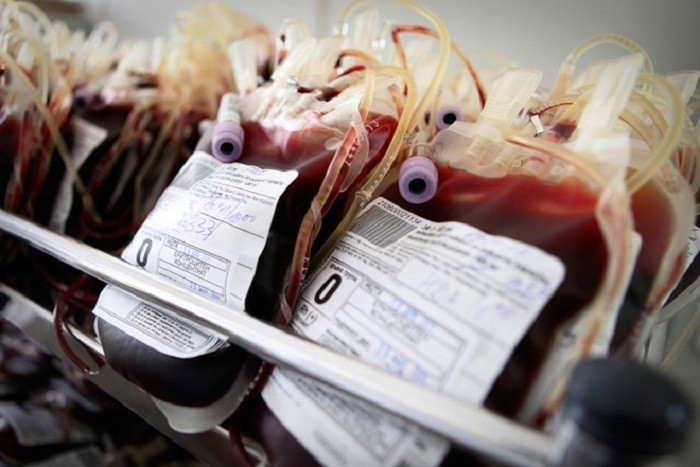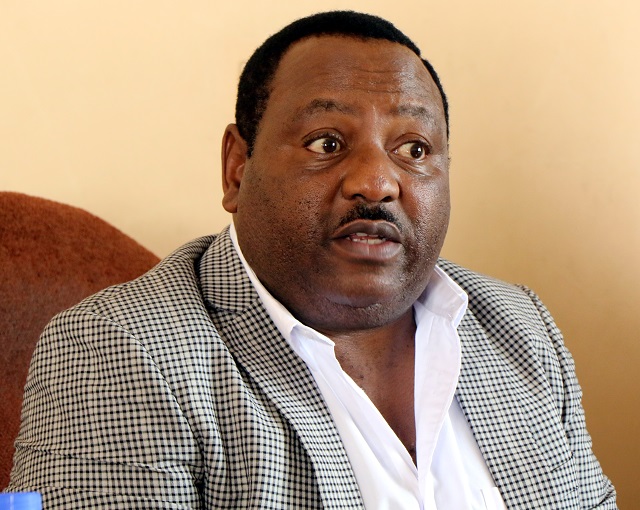Blood Group O shortage cripples Mpilo operations

Auxilia Katongomara, Chronicle Reporter
MPILO Central Hospital is being forced to cancel some theatre operations due to critical shortage of blood Group O in the country.
Fifty percent of the country’s population has blood type O which has been in short supply for weeks, a development that has seen the National Blood Services Zimbabwe making an urgent plea for donations.
The blood group is in high demand as it can be transfused into people from other blood groups.
However, those in the O blood group cannot be transfused with other blood groups.
Mpilo Hospital clinical director, Dr Solwayo Ngwenya said the critical blood shortages had affected operations although no lives had been lost.
“The situation is very critical. We’ve been having this problem for weeks now. So far we are lucky, we haven’t lost lives directly but it’s an inconvenience to patients because some of them have their operations cancelled because their blood type is not available,” said Dr Ngwenya.
National Blood Services of Zimbabwe public relations officer, Mr Sifundo Ngwenya said blood group O was universal hence its demand is higher than any other blood group.
“Blood Group O is actually called a universal donor so as a result what then happens is that quite a number of the population makes use of blood group O which is what triggers its high usage in hospitals.
“It’s a universal donor, blood group A and B or AB can be transfused from blood group O but unfortunately those with blood group O can only receive from those with blood group O,” said Mr Ngwenya.
Blood types are based on the type of a molecule, called agglutinogen, found on the surface of red blood cells. Types A, B, or AB can clump together if mixed, but type O does not react with other blood types.
Mr Ngwenya said all institutions need high stocks of blood group O at any given time.
“It’s easier to work with O because there are some institutions that don’t have the human capital particularly hospitals in rural areas to do cross matching. They would rather have something that is universal for emergencies like maternal cases and accidents so that it’s easy for them to manage with the available stocks. If we don’t have O in place for them, it’s a challenge because the chances of O being needed are higher than any other group,” he said.
Mr Ngwenya said the demand for blood has been high since the recent lowering of blood prices from $80 to $50 per pint.
The slashing of the price of blood at Government health institutions followed the injection of a $4,2 million subsidy from the Health Levy.
Mr Ngwenya appealed to Zimbabweans to donate blood.
“Now that schools have opened, we are really working hard to boost stocks and we are also imploring the communities to be forthcoming especially blood group O so that we can meet demand and fulfil our mandate as an organisation,” he said.
Mr Ngwenya said there were groups assisting in the mobilisation of donors.
“In the Southern region, we have walk-in centres at UBH and along Josiah Tongogara and 4th Avenue. We are calling on people to just walk in there and donate blood,” he said.
The Southern region, Mr Ngwenya said, needs about 700 to 1 000 units per month.
Last week, Health and Child Care permanent secretary, Major General (retired) Dr Gerald Gwinji said with adequate support, they are planning that by the end of 2018, the price of blood will have been reduced to $10.
Dr Gwinji said the $10 which they project will also include the fees levied by hospitals for a cross match test which will determine whether the recipient will not react to the blood.
@AuxiliaK











Comments